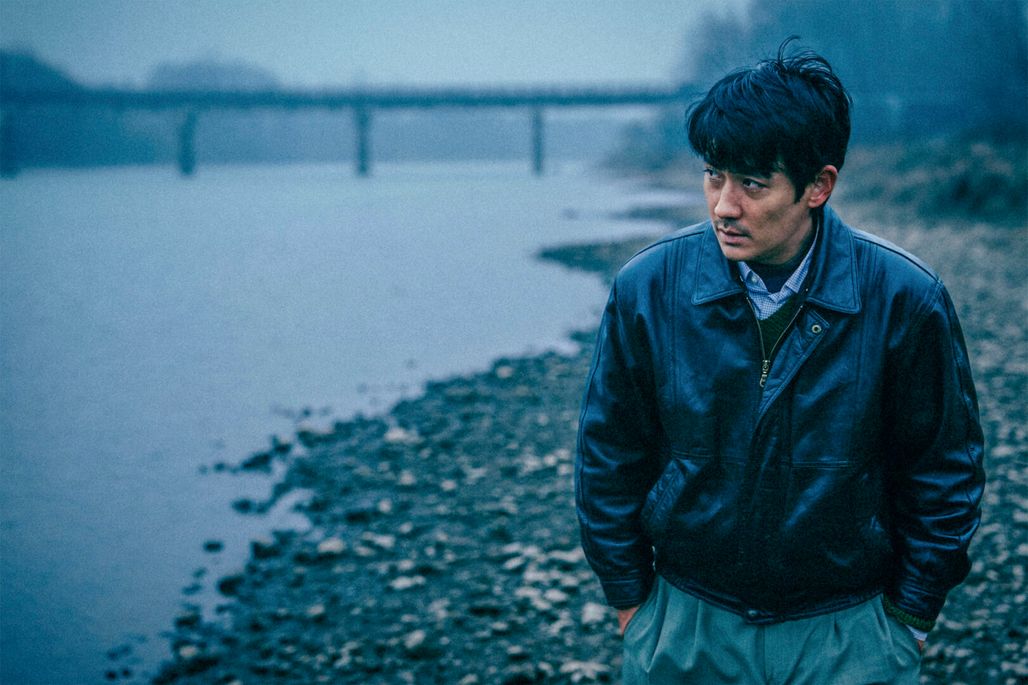
Only the River Flows, as seen by Wei Shunjun

When three murders are committed in the small town of Banpo in China, Ma Zhe, the chief of police, is tasked with solving the crimes. In Only The River Flows, the young Chinese director Wei Shunjun, Special Mention from the Jury in 2018 for his short film On The Border, addresses the darkness of the human soul in a stylised thriller.
What inspired you to begin work on this film?
The film was adapted from a novella of the same title, written by the famous Chinese novelist Yu Hua My first encounter with this novella was in June 2018, when I had just wrapped up my days in Cannes for my short film On The Border, and came back to Beijing. Reading the story reminded me of Wagner’s Tristan und Isolde. Yu Hua’s original work offers a foundation that is rich enough for possibilities. It’s like an apple. A ripe one. But when it fell down to the earth, we saw it as a seed and planted another apple tree from it.
Please describe your working method and the atmosphere on set.
The film was shot mostly in chronological order as same as in the script. Another thing worth mentioning is that almost the entire film was shot in 16mm. I like the atmosphere and the uncertainty this type of film creates, and it seems that time gradually flows within. When facing my financiers, I even exaggerated the importance of this creative choice: It’s the ONLY way to make the time “visible!” Of course, we all know that it’s a luxury to shoot a film in chronological order nowadays. I’m thus very grateful to my producers for their support and trust.
“To perceive such “invisible” things, my heart had to be more sensitive and my mind more lucid“.
Please share a few words about your actors.
It’s my honour to have many great actors in my film this time, but I would like to especially mention the leading actor, Mr. Yilong Zhu. He is one of the most extraordinary young actors in China. Our decision to work together was made quite easily because he liked the script and the role. I’d say Yilong is a professional, talented, and humble actor. Working with him was very inspiring.
What did you learn during the course of making this film?
What I most learned was the secret of how to make a film. Whether in my own films or in the films of others, it’s always the “invisible” part that captivates me the most. It is important to create something invisible through the tangible things seen on-screen. It is very interesting yet extremely challenging, because to perceive such “invisible” things, my heart had to be more sensitive and my mind more lucid.
What inspired you to become a filmmaker?
To me, filmmaking is a part of my life, a way of seeking the ultimate truth, and a bridge to the external world around me. I’m here at Cannes because of my film, and it will take me all over the world. I use filmmaking to raise questions and to praise life and love. All of this inspired me to become a filmmaker.


